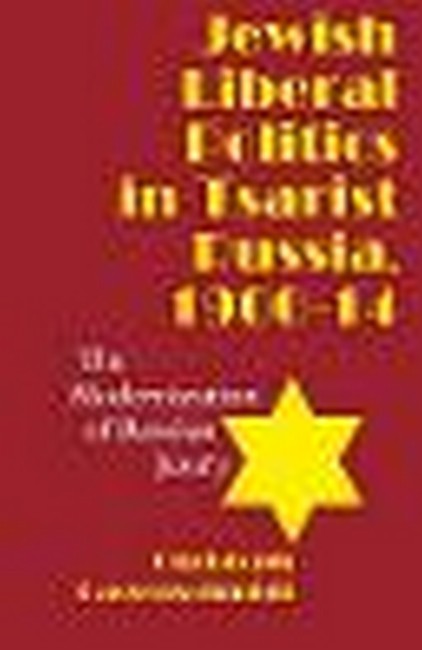The status of Russian Jewry has long been a subject of intense international interest. The collapse of the Soviet empire resulted in unprecedented access to historical records and has shed new light on the history of the Jewish people within Russia. Central to this history are the early years of the twentieth century, leading up to the Revolution of 1917. At the turn of the century, Jewish liberals in Russia were pursuing traditional strategies aimed at bolstering the position of their people. Among these were the dissemination of propaganda aimed at enlightening Russian society about the plight of its Jews and the establishment of a legal defense bureau. During the Revolution of 1905, these same liberals stepped up their efforts, aggressively mobilizing and politicizing Russian Jewry and lobbying for legal emancipation in Parliament. After Stolypin's coup d'tat in 1907 and in the years preceding Bolshevik victory, Jewish forces radically changed their focus, opting not just to lobby non-Jewish institutions on the behalf of Jewish interests but to modernize the Jewish community itself. This shift to an inward-looking, organic activism had as its goal the integration of Jews into a modernizing Russian society and economy. As this revisionist history convincingly argues, Jewish political activists, contrary to general perceptions of the era, were therefore significant players in transforming and modernizing Jewish society during the Tsarist era.

